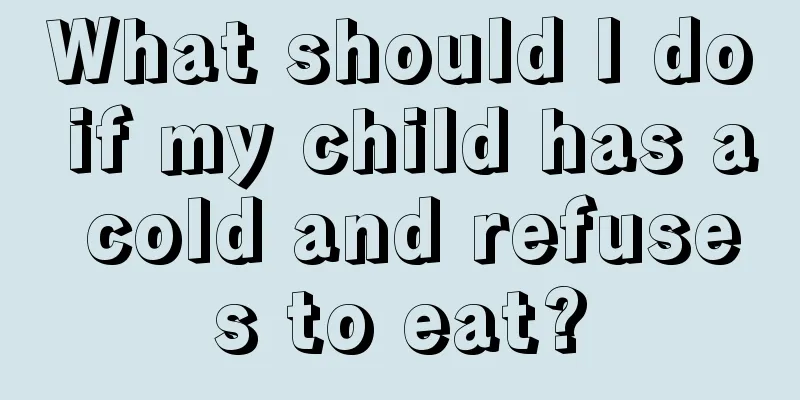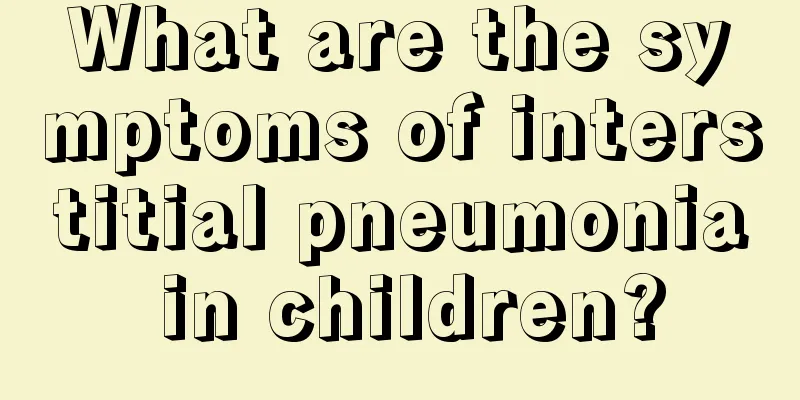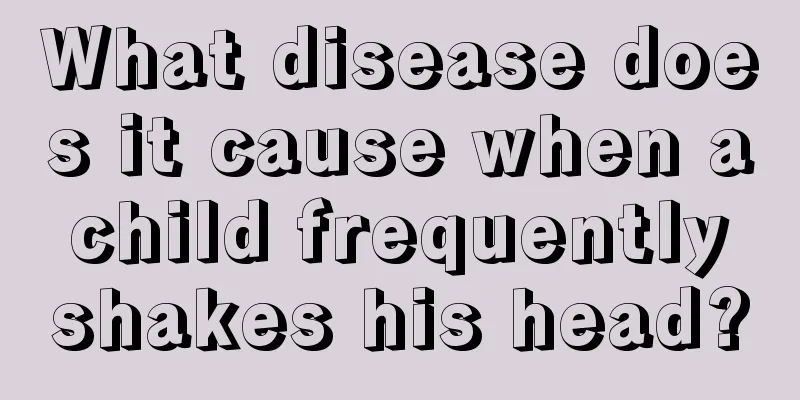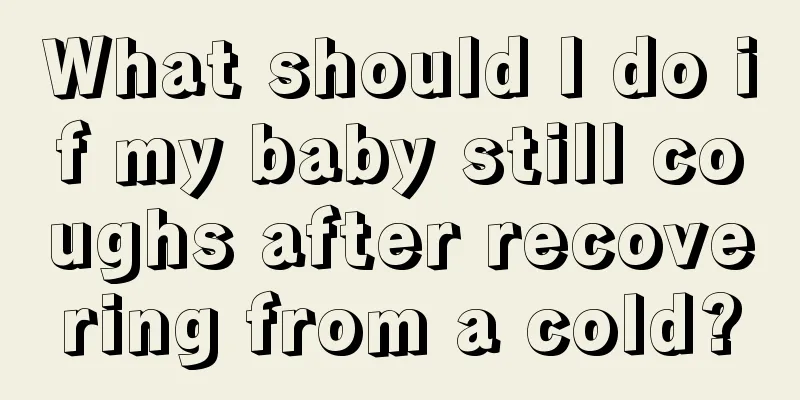What should I do if my child has a cold and refuses to eat?

|
As we all know, when we have a cold or are sick, our immunity is relatively low. At this time, we should eat some nutritious food to improve our body's immunity. However, many children don’t like to eat when they have a cold or are sick, which worries their parents. So what should we do when our children catch a cold and refuse to eat? In fact, there are many solutions, but the food children eat must be easily digestible. 1. What should I do if my child has a cold, coughs and refuses to eat? This is generally due to the child's poor appetite due to medication or illness. Cold symptoms will gradually improve in about a week after proper medication. In the child's case, he has not wanted to eat since catching a cold, which is related to gastrointestinal irritation caused by the medication. You can give your child some of his or her favorite foods, and make some easily digestible foods. At this time, you must let your child eat some rice, otherwise the medicine will irritate the stomach and make the child feel more uncomfortable. The general principle is to choose easily digestible foods and eat small meals frequently. Give your child more fruit juice. Children whose fever has subsided and whose digestive ability is better can have a thicker diet. As the child's condition improves, he or she can gradually return to a normal diet in about a week. If the doctor prescribes some cold medicine for your child, you should pay attention to the following when feeding the medicine because the child has a sensitive sense of taste: 1. Do not breastfeed before giving medicine to avoid food refusal. Giving medicine after a full meal can easily cause vomiting, so it is not advisable to give medicine after a full meal. 2. Note that the tablets should be ground into powder and mixed into a paste. 3. When feeding medicine, do not pinch the nostrils to force the medicine in, so as to avoid choking the medicine into the trachea and suffocating. You can use a small spoon to hold the medicine and slowly feed it into the mouth along the cheek side of the mouth, so that it is not easy to choke. 4. Add a little sugar to bitter medicines to reduce the bitterness and prevent children from refusing to eat. 5. After feeding the medicine, you can feed some warm water to allow all the medicine in the mouth to enter the stomach. 2. What should children eat when they have a cold? 1. Drink more boiled water Because the children have fever, faster breathing, cough and increased secretions in the trachea, they lose a lot of body fluids. Therefore, you should pay attention to replenishing more fluids. The best fluid is boiled water. Whether it is in the early prevention or the later treatment, it is important to drink more boiled water, which is convenient for preventing dehydration and reducing the viscosity and dryness of secretions in the respiratory tract, which is conducive to the children coughing up sputum. 2. Eat more vegetables and fruits When children have a cold, the consumption of vitamins in the body increases and the vitamin content in the blood decreases, so they should pay attention to eating more dark green and orange-green vegetables and fruits rich in vitamins to increase the children's resistance to disease. 3. Eat easily digestible food Children with colds generally have poor appetite due to the impact on the activity of digestive enzymes in the stomach, and may even have symptoms such as vomiting, diarrhea and constipation. Therefore, the food given to the child should be easy to digest, not too salty or too sweet, and should not be greasy or irritating. 4. Avoid eating granular hard fruit foods Children with colds are prone to coughing, so they should be especially careful when eating granular hard-nut snacks to prevent accidental inhalation of food into human organs and causing foreign matter in the trachea. 5. Eat small and frequent meals during illness For children who have a cold, dietary care should not only satisfy the child's taste, but also pay attention to a reasonable combination of nutrition. In addition to breakfast, lunch and dinner, additional meals are provided in the morning. Foods such as milk, egg custard, fruit, juice, chopped vegetables and thick porridge are preferred. |
<<: Children have convulsions due to fever. Do you know what is going on?
>>: What should I do if my children don’t eat in summer?
Recommend
What to do if a nine-year-old child coughs
Many children have weak resistance and often suff...
What to do if baby has rash on back
Now the baby is the apple of the eyes of grandpar...
Why are baby teeth yellow?
Many babies will start to grow teeth when they re...
What are the treatments for pseudomyopia in children?
Pseudomyopia in children is caused by excessive e...
How to stop cough for three-month-old baby
Three-month-old babies have weak resistance and w...
What should I do if my three-month-old baby has not defecated for four days?
My baby is 3 months old, but he hasn't had a ...
What methods can be used to change children's poor appetite?
I often hear some mothers talking about their wor...
What causes vitiligo in children?
Young children are still in the development stage...
How to dress newborns in winter?
Pregnant mothers are both excited and overwhelmed...
What foods can children eat to supplement potassium deficiency?
If parents find that their children are deficient...
Baby has diarrhea and hasn't urinated
Diarrhea is one of the most common symptoms in ba...
What should I do if my child has a bacterial infection and cough?
Children's body resistance is relatively weak...
What should we pay attention to during the care process of baby’s early education?
During the baby's growth and development proc...
Why do three-month-old babies like to suck their fingers?
Every baby will like to suck his fingers as he gr...
What to do if your three-year-old child has a bad temper
When a child comes into this world, he is like a ...









